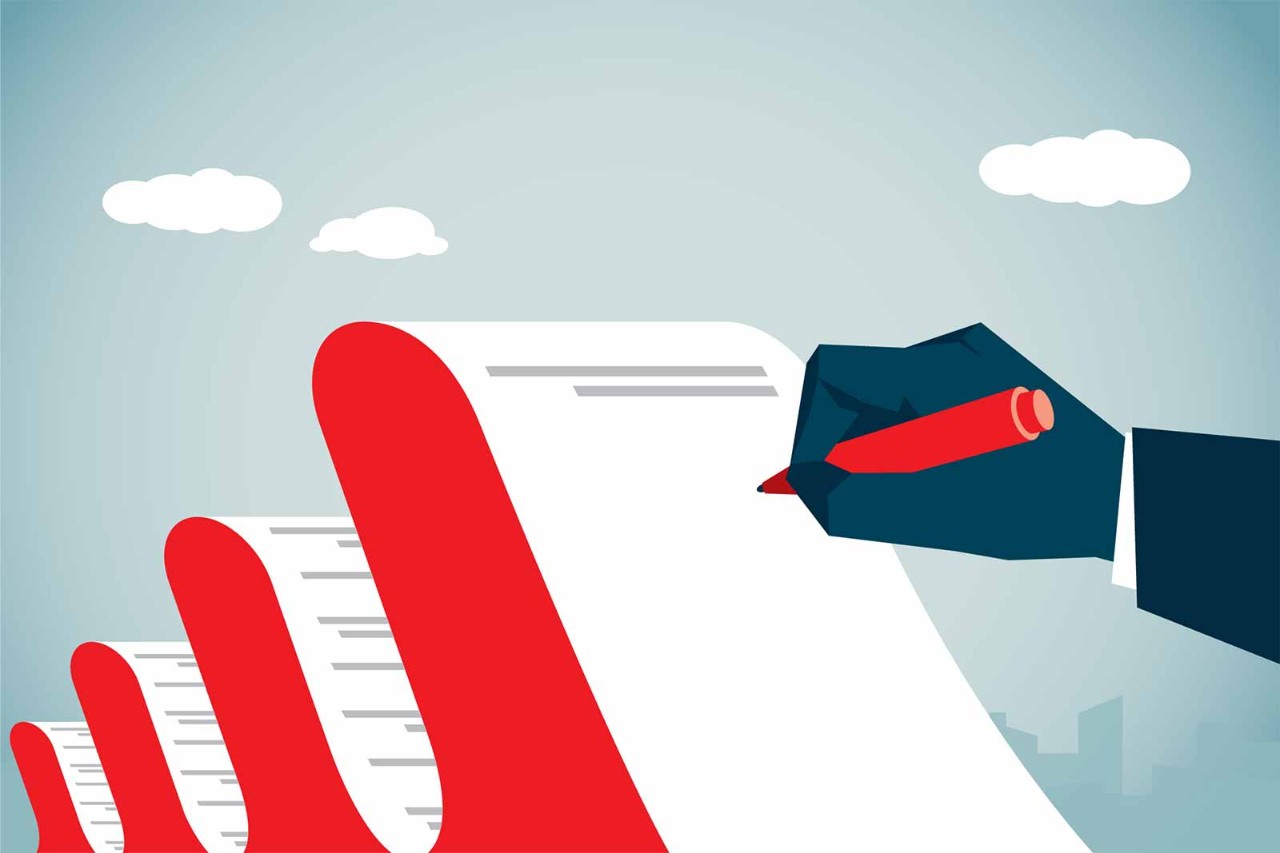
After a period of profound dislocation for many, 2022 has brought a partial return to the workplace and the proliferation of hybrid working arrangements. And while many people have been craving the resumption of social and workplace norms, work-related stress and anxiety are still very much part of the picture.
According to a study conducted by Headspace Health, Workforce Attitudes to Mental Health, stress levels among employees and CEOs have started to fall, with employee stress in particular falling back to a slightly lower level than prior to the pandemic.
However, this does not mean that organisations can call time on their employee assistance provision or stand down their wellness programmes. Far from it.
'We aim to create a culture where people are comfortable expressing themselves'
Mental health issues continue to dog organisations. Burnout due to increased workloads is still a contributing factor to stress levels at work, as are poor work/life balances and lingering concerns about Covid-19.
People’s expectations have altered too. According to the Headspace report, 81% of employees globally believe that employers have a responsibility to help them manage their mental health.
Safe place
So what is psychological safety and why does it matter? In a workplace context, feeling psychologically safe means a person can come to work with a sense that they won’t be undermined or penalised if they speak up with ideas, admit mistakes, ask questions or express concerns.
It is a concept that conjures up a much more compassionate and open workplace than of yesteryear. In Headspace Health’s study, 94% of CEOs agree that employees should feel that their organisation is committed to diversity, equity and inclusion.
Ben Fletcher, group CFO at The Very Group, puts it like this: ‘We aim to create a culture where people are comfortable expressing themselves. That’s what psychological safety is about.
‘We do this with a clear diversity and inclusion ambition, taking action on the findings of colleague engagement surveys and listening groups, and supporting the communities our people have created, including our women’s, LGBTQ+ and race networks.’
81% of employees believe employers have a responsibility to help them manage their mental health
Positive declarations around diversity and inclusion, workplace networks to support ethnic and other minority groups, and mechanisms such as employee surveys and reverse mentoring are generally held to be reasonable indicators of an organisation’s striving to connect.
There are more forensic approaches, however. Looking at and tracking workplace and organisational trends through a diversity and inclusion lens can be revealing, suggests Royston John, business coach and equality, diversity and inclusion specialist.
Numbers up or down?
‘Look at your disciplinary and grievances list. Have those numbers gone down?’ he says. ‘Look at your senior positions and who is occupying them. Is that a fair reflection of identity across that structure? Who in your organisation gets to present? Whose name goes on a report?
‘Fundamentally, what is happening to your bottom line? Because we know inclusion and diversity is good for your business. If you include people, your business will grow. In the work environment it’s about reaching for that kind of inclusivity.’
Mental health first-aiders, advocates and ambassadors can also provide invaluable insights into the overall mental health – or otherwise – within an organisation.
'The role of leader has changed, and the people agenda has become more important than anything else'
Joseph Peka, deputy treasurer at Urenco and a mental health first-aider, says his organisation collates data around the number of mental health incidents and meetings held by its mental health first aiders.
‘The contents of these meetings are all totally confidential, but if there is a spike in the absolute number of meetings, that would be an indicator that there may be a fundamental issue to which the business needs to respond. Trends are definitely something that we monitor,’ he says
‘We also take informal feedback on the effectiveness of email communication and corporate video conferences promoting wellbeing. We ask ourselves: are we being effective in promoting good mental health?’
Listening posts
What else can leaders do? Michael Frohlich, CEO of communications giant Weber Shandwick, says that the level of expectation that employees have of their leaders has shifted dramatically.
During lockdown, he would attend online team meetings and check-ins daily. Without fail, employees would ask for information and clarity around the progress of vaccines or quiz him on the detail of health insurance programmes.
‘We weren’t just expected to answer business enquiries; we also became the owners and answerers of absolutely everything,’ he told delegates at the mental health conference This Can Happen 2022. ‘Really listening and understanding what people want and trying to help them are now a massive part of the job.’
'We know that when we can see ourselves in others, it promotes a sense of security'
It is a shift Frohlich expects to be a permanent one. ‘I would say at least half of my job now is just focusing on the people agenda and what it means in this new phase post-Covid. The role of leader has changed forever, and the people agenda has become more important than anything else.’
Tone from the top is undoubtedly important. ‘As a leader I feel the responsibility to set the tone and role model the right behaviour,’ says Fletcher. ‘This includes taking action to build a team that is diverse and actively seeking participation from those with different points of view.
‘It also means helping colleagues feel more confident and capable through great development and coaching plans, and training opportunities – something we have made a priority in finance.
‘I am currently trying to use my platform on LinkedIn to promote brilliant female team-mates with the aim of them being better seen by their colleagues, because we know that when we can see ourselves in others it promotes a sense of security.’
More information
See ACCA’s wellbeing hub for resources and support
